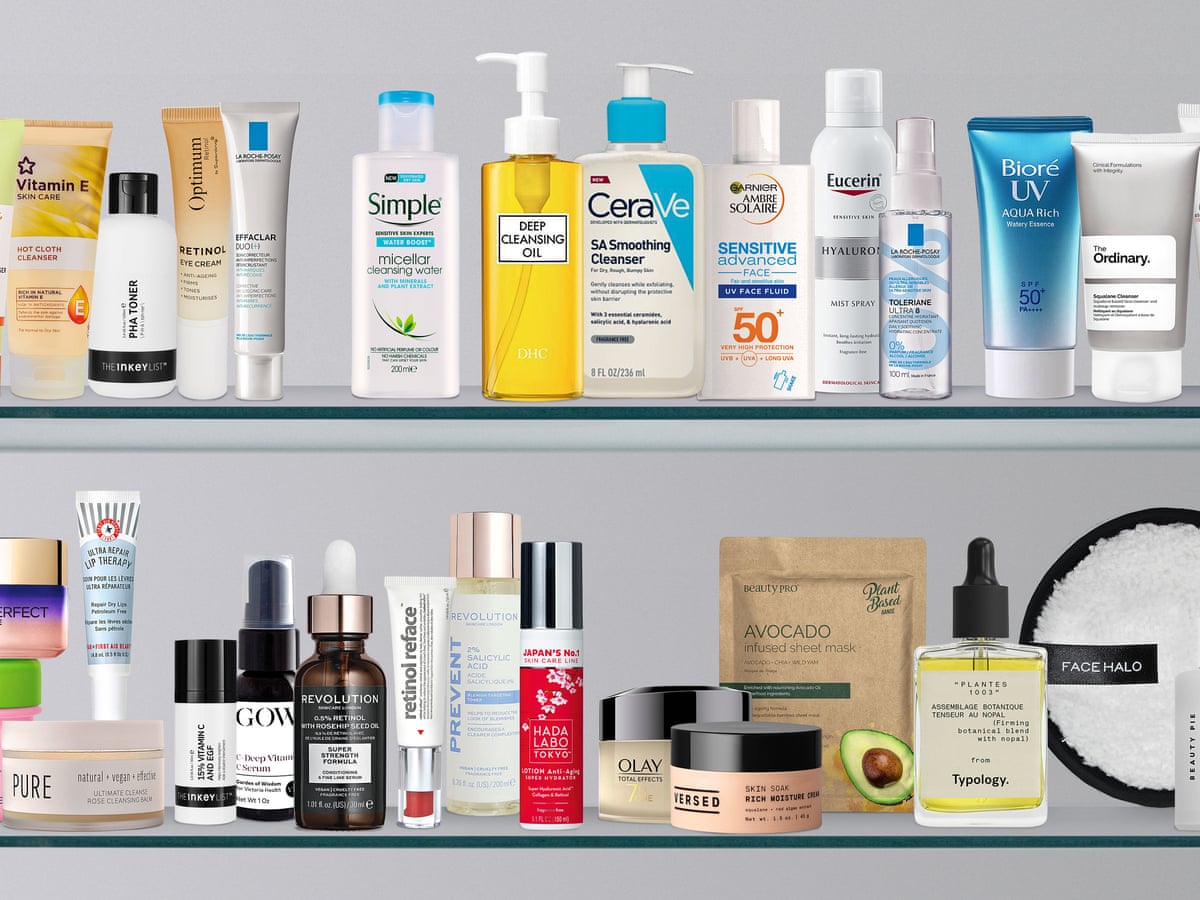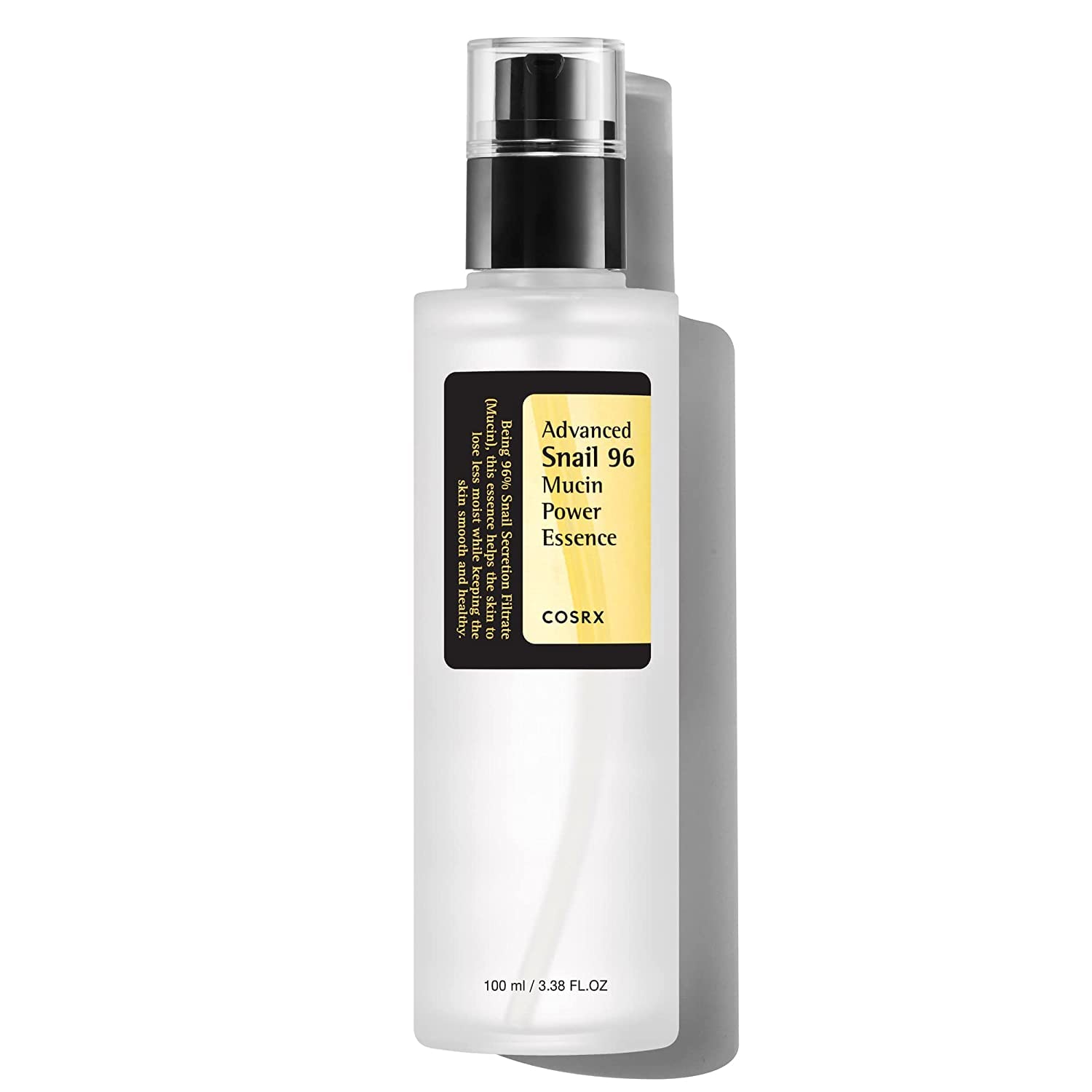Understanding SkinCare and Their Orders
Introduction
Skincare is an important part of your skin care routine. It's not just about washing your face and moisturizing; it's also about using products that are right for your skin type, taking care of yourself, and knowing when it's time to see a dermatologist.
You should use skincare products every day to keep your face looking healthy, but there are some things you need to know before buying any products or trying new ones: what kind of skin do I have? How often should I wash my face? What kind of cleanser should I use? This article will answer all these questions and more!
Cleanser
First, let's talk about cleansers. A cleanser is the first step in any skincare routine and it's important to use one every day. Your skin can get clogged with dirt, oil and makeup so it needs an extra boost of hydration to stay healthy!
Cleansers come in many different forms: liquid or gel-like (like micellar water), cream-based and even powder formulas that you add water too before washing your face with them. They're also made from different ingredients like oils or clay--so if you want something more gentle on your skin try an oil based cleanser while if you want something more harsh try one with charcoal in it!
Exfoliator
Exfoliators are a must for anyone with oily or acne-prone skin. They remove dead skin cells, preventing buildup and clogged pores. Exfoliators also have other benefits: they can smooth out fine lines and wrinkles, brighten your complexion, even out discoloration and give you an overall glow!
The most popular type of exfoliator is chemical (acidic) peels that use alpha hydroxy acids (AHAs) like glycolic acid or lactic acid to slough off the top layer of your epidermis. These products will make your face glow in no time! There are also physical scrubs that use tiny beads or crystals to buff away dead skin cells--these tend to be gentler than chemical exfoliants but still effective at improving texture over time if used regularly enough (the average person should do this once every two weeks). Finally there are enzyme-based products which work by breaking down proteins instead; these don't contain any harsh chemicals so they're great for sensitive complexions but may not be as effective as other options in terms of removing impurities from the surface area beneath our outermost layer.
Toner
Toner is a product that's used after cleansing, but before moisturizing. It helps to balance the skin's pH level and prepare it for further treatment.
Toner can be applied with a cotton pad or with hands--the latter method is more gentle on sensitive skin types. There are several different types of toners:
- Water-based toners (eau de cologne) are light and refreshing, but they don't offer much in terms of hydration or other benefits. They're good for people who find themselves prone to breakouts when using other types of products like serums or essences because they won't clog pores or cause irritation like oil-based ones might do if you have acne-prone skin; however, if your main concern is dryness then this type won't help much either since it doesn't contain any moisturizing ingredients like hyaluronic acid or glycerin!
Essence
Essences are a step in skincare that I think is often misunderstood, or at least underused. They're basically a liquid version of serums, which means they're light and easily absorbed by the skin.
Essences are used after cleansing and toning but before moisturizing (or "lotion" as we call it). The purpose of an essence is to add hydration back into your skin after you've washed off any residue from your cleanser, leaving behind nothing but clean pores ready for more hydration!
There are two main types: watery essences that contain hyaluronic acid or other humectants (moisture-retaining ingredients), and oilier ones that contain ceramides or fatty acids instead--these help repair damage caused by free radicals over time while also providing additional moisture."
Serum
Serum is a type of skincare product that you apply after toner, but before moisturizer. It's usually made up of concentrated ingredients that are more potent than those found in other types of products.
Serums can be used to target specific skin issues, such as wrinkles or acne breakouts. Some serums also contain antioxidants that help protect against free radicals (harmful molecules produced by UV rays and pollution).
Sheet Mask
A sheet mask is a thin, cotton cloth that's soaked in all sorts of wonderful ingredients. You put it on your face and leave it there for 15-30 minutes while you relax, drink tea or watch Netflix.
When you're done with your sheet mask session (and if you've done everything right), your skin will be baby soft and glowy! It also helps to reduce redness from acne breakouts and even out skin tone overall.
Sheet masks come in different types:
- Hydrogel: These are made from hyaluronic acid which is great for moisturizing because it holds onto water really well so this type of mask will give you long-lasting hydration when used regularly over time (like once a week). But since they're made with hyaluronic acid--which can feel sticky when applied--it may not be ideal if you have oily skin since it might make things worse instead of better! If this sounds like something that would work well on your face then go ahead but otherwise stick with something else instead...
Eye Cream
- Eye cream is a moisturizing product that's applied to the delicate skin around your eyes. It's typically used to hydrate and brighten that area, as well as reduce puffiness and dark circles.
- You might want to use an eye cream if you have dry or sensitive skin around your eyes, or if you want a product that will work well with other skincare products in your routine (like sunscreen).
- There are many different types of eye creams out there: some come in jars; others are sold in tubes; still others come in little pots or containers with metal caps on top! They can also be labeled as gel-based formulas, water-based formulas--the list goes on!
Moisturizer
Moisturizers are a type of skincare product that you apply to your face and neck after cleansing. They can be used alone or in conjunction with other products, depending on your skin type and needs.
Moisturizers come in many different forms: creams, gels, lotions, serums (a liquid form) and oils. The texture will depend on what works best for your skin type--for example if you have oily skin try using a gel moisturizer instead of cream because it won't clog pores like some creams do!
There are also different types within each category; here are some examples:
SPF
SPF stands for sun protection factor. It's a measure of how well a sunscreen protects your skin from UV rays, which cause sunburn and skin cancer.
The higher the SPF number, the more protection you'll get from UVB rays (the ones that cause sunburn). The lower your SPF number, the less time it takes to burn in direct sunlight. So if you're going to be out in the sun all day long with no shade or shelter available at all--and if you don't want any signs of tanning--you should use an SPF 30 or greater on all exposed areas of skin.
For everyday wear when there's some shade available but not complete protection from UVB rays (like when walking around town), an SPF 15 will do just fine as long as it provides broad spectrum coverage against UVA1/UVA2 rays too!
Korean Skincare Products
Korean skincare products have become increasingly popular in recent years due to their innovative ingredients and unique formulations. Here are some Korean skincare products that you can incorporate into your routine:
- The Missha Time Revolution First Treatment Essence is a popular Korean essence that contains fermented yeast extract to hydrate and brighten skin.
Amazon Link: https://amzn.to/3ZFEEdc
- The Corsrx is a skincare brand that offers a range of cleansers, including the Snail Truecica Miracle Repair Low pH Gel Cleanser, designed to repair damaged skin and strengthen the skin barrier with a pH level of 5.5.
Amazon Link: https://amzn.to/3m1Jbsw
- The Cosrx BHA Blackhead Power Liquid is a chemical exfoliant that contains salicylic acid to unclog pores and prevent blackheads and acne.
Amazon Link: https://amzn.to/3GeGXNq
- The Klairs Soft Airy UV Essence is a lightweight and non-greasy sunscreen that provides broad-spectrum protection from UVA and UVB rays.
Amazon Link: https://amzn.to/40TKSXS
American Skincare Products
American skincare products are also popular and widely available. Here are some American skincare products that you can try:
- The CeraVe Hydrating Facial Cleanser is a gentle cleanser that contains ceramides and hyaluronic acid to hydrate and restore the skin's natural barrier.
Amazon Link: https://amzn.to/3ZJkCyd
- The Paula's Choice Skin Perfecting 2% BHA Liquid Exfoliant is a chemical exfoliant that contains salicylic acid to unclog pores and reduce redness and irritation.
Amazon Link: https://amzn.to/3ZItBjk
- The First Aid Beauty Ultra Repair Cream is a thick and nourishing moisturizer that contains colloidal oatmeal and shea butter to soothe and hydrate dry and sensitive skin.
Amazon Link: https://amzn.to/3KaKpcS
- The Supergoop! Unseen Sunscreen is a lightweight and silicone-free sunscreen that provides broad-spectrum protection from UVA and UVB rays.
Amazon Link: https://amzn.to/3nHuVps
Conclusion
In conclusion, the best order to apply skincare products is to start with a cleanser, followed by an exfoliator (2-3 times a week), toner, essence, serum, sheet mask (1-2 times a week), eye cream, moisturizer, and SPF. Remember to choose products that are suitable for your skin type and address your specific concerns. Korean and American skincare products both have their unique benefits, so don't be afraid to mix and match to find the perfect combination for you. Happy skincare-ing!









Comments
Post a Comment